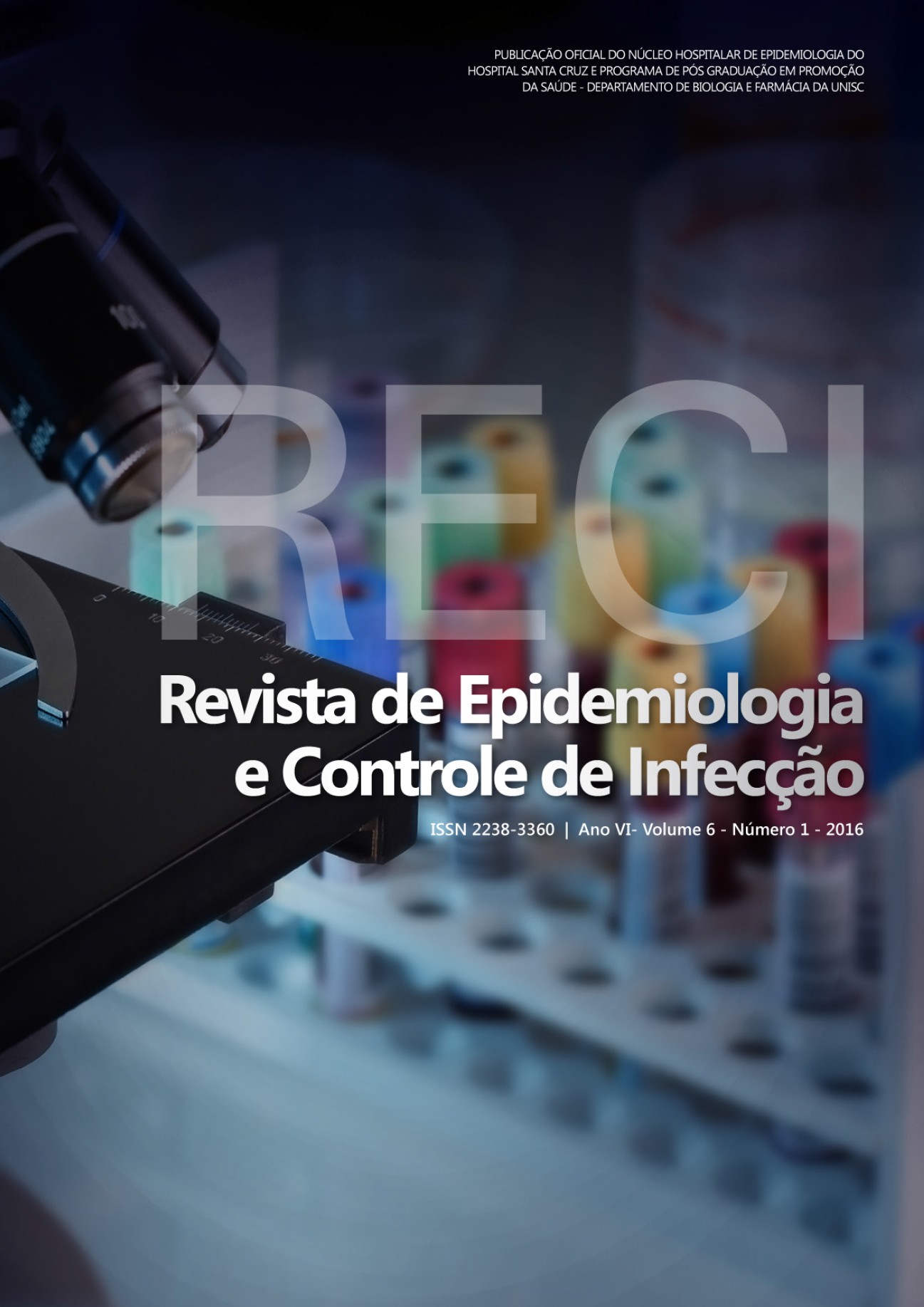Microbiological profile of skin and soft tissue infections from inpatient at University hospital
DOI:
https://doi.org/10.17058/reci.v6i1.5901Abstract
Background and objectives: Empiric antibiotic therapy is used worldwide. Cases in witch is necessary to start treatment before the microbiological exam results or even in mild infections the empirical treatment is often used. Thus, the data update related to microbial susceptibility is needed to guide health care professionals in the decision-making process. For this purpose, this study aims to outline the microbiological profile of skin and soft tissues from inpatients in a university hospital of North Minas Gerais. Methods: Retrospective cross-sectional study. Culture records of secretion and tissue fragments from inpatients wounds assited in several clinics in the aforementioned hospital during the period of six month were analized. Results: 43 cultures were analyzed, among wicht, 25 (58.1%) were positive for infection. 15 cases (60% of positive cases%) were associated with nosocomial infection. Among the most frequent microorganisms founded, 8 (24.3%) strain of Enterococcus sp., 7 (21.2%) Staphylococcus aureus, 6 (18.2%) Streptococcus sp. and 5 (15.2%) Escherichia coli. The amikacin, vancomycin, oxacillin, rifampicin and piperacillin-tazobactam showed antibiotics were effective against the tested strains. However, erythromycin didn't show effectiveness for the empirical therapy. Conclusion: The stratified of microbiological profile per site becomes a useful tool combined with analysis of general microbiological profile in decision making regardings the empirical antibiotic theraphy.Downloads
Downloads
Published
How to Cite
Issue
Section
License
The author must state that the paper is original (has not been published previously), not infringing any copyright or other ownership right involving third parties. Once the paper is submitted, the Journal reserves the right to make normative changes, such as spelling and grammar, in order to maintain the language standard, but respecting the author’s style. The published papers become ownership of RECI, considering that all the opinions expressed by the authors are their responsibility. Because we are an open access journal, we allow free use of articles in educational and scientific applications provided the source is cited under the Creative Commons CC-BY license.


